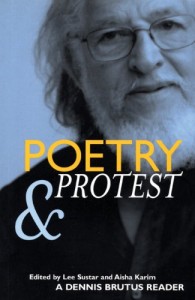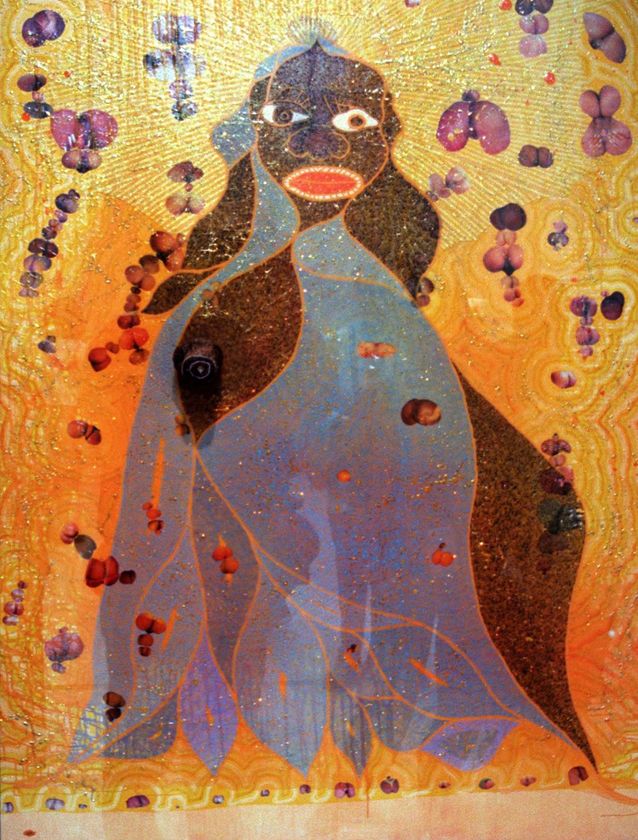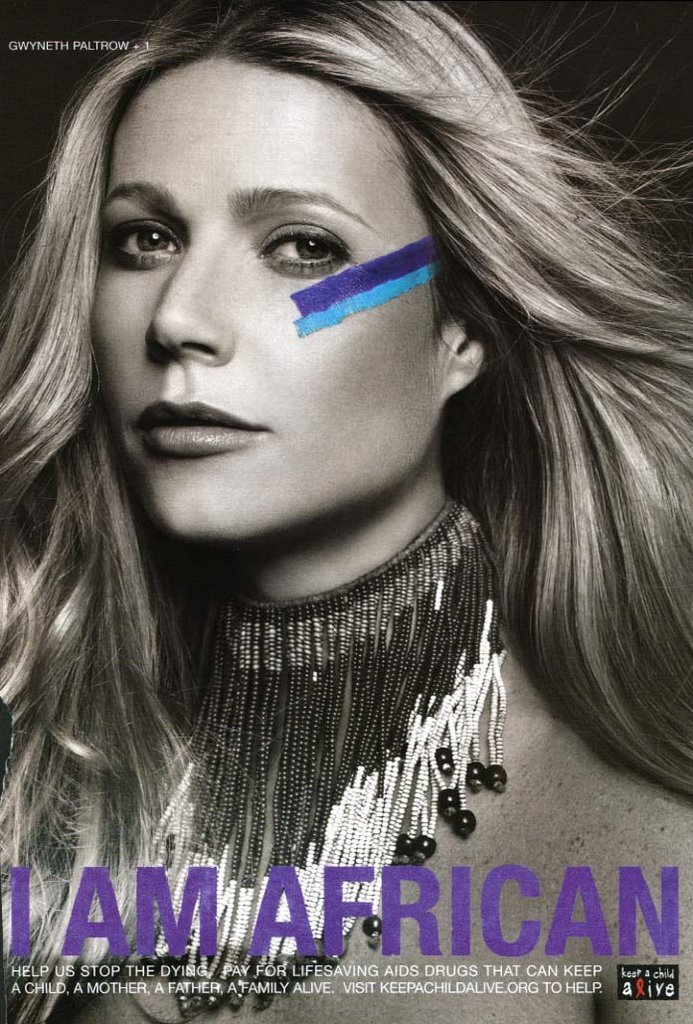Nietzsche’s philosophies on education and culture can be applied to Africa - particularly how the increase in well-educated Africans (on the Continent and in the Diaspora) has not necessarily translated into greater levels of collaboration and cultural progressivism. Although Nietzsche’s philosophies were borne from observations of the German educational system in the 19th century, arguably elements of his arguments are applicable to modern day African education.
Nietzsche’s lifetime concern was education and culture, and during his years as a professor at an elementary school, he began to look into the concrete problems of German schooling. He observed that the system had abandoned the humanist outlook in exchange for the scientific. Education was consequently vulgarized, its objective having become to form useful and profitable men, not harmoniously matured and developed personalities. This is based on his work produced between 1870 and 1874, especially his lecture The Future of our Educational Institutions (1872), Untimely Meditations - On the Uses and Disadvantages of History for Life (1874) and Schopenhauer as Educator (1874).
In Nietzsche’s thoughts, education and culture are inseparable. There can be no culture without an educational project, nor education without a culture to support it. Education in German schools springs from a historicist conception. Culture and education are synonyms of "selective training", "the formation of the self"; for the existence of a culture, it is necessary that individuals learn determined rules, that they acquire habits and that they begin to educate themselves against themselves, or better, against the education forced upon them.
In his lectures on The Future of our Educational Institutions, Nietzsche examines the entrails of the educational system of his time. He perceives that the State and businesspersons are primarily responsible for the impoverishment of culture. They block the slow maturation of the individual, the patient formation of the self - that should be the finality of every culture - demanding a rapid formation so as to have efficient employees and docile students at their service, youngsters that will learn how to earn money rapidly. When they demand a more profound education, allowing for in-depth specialization, they do so in order to make even more money. This indecorous haste leads students, at an age when they are not mature enough to ask themselves which profession they should pursue, to make bad choices.
Nietzsche argued for students understanding the importance of studying native languages in depth - for if it loses its vital strength, culture itself will tend to degenerate. If the professor is not able to impress on his young students a physical aversion to determined words and expressions which journalists and bad novelists have grown them accustomed to, it is better - according to Nietzsche - to renounce culture. Therefore, it is imperative to analyze the classics - line by line, word by word - as well as to stimulate the students to try to express the same thought several times, improving this expression each and every time.
Education begins with habit and obedience, with discipline. To discipline the youngster linguistically does not mean to overburden him with historical knowledge about the language, but to make him build determined principles from which he can build on, both internally and externally. It means to turn the student into the master of his language and to give him the possibility to construct an artistic language, starting from the works that preceded him. This, according to Nietzsche, is the only way to revive German education and culture.
The growing disregard for the humanistic formation and the increase in the scientific tendency in school; schooling guided by historical and scientific questions and not by practical teachings; the abandonment of teaching that aims to form an individual in an artistic sense of language, in favor of a doubtful journalistic style; the emphasis given to professionalization, that aims at forming people prepared to make money - all of this prevents the educational system from turning itself towards culture.
To what extent would an increasing focus on the arts translate into an increasing ‘humanist outlook’ in Africa? To what extent has moneymaking contributed to impoverishment of culture on our Continent? Nietzsche’s arguments are certainly not 100% applicable to Africa, however the parallels are intriguing.
Who was Nietzsche?
Friedrich Nietzsche was born on October 15, 1844 in Röcken, Prussia.
After excellent studies at Pforta College, known for its teachings inspired on the humanist tradition, Nietzsche took up theology at the University of Bonn.
In 1865, he abandoned theology and took up philology at the University of Leipzig.
Recommended by his professor, Ritschl, Nietzsche was nominated professor of classical philology at the University of Basel, in Switzerland, where he taught from 1869 to 1879.
In 1879, he was forced to resign from his post due to a serious illness.
From then on, he lived an errant and lonely life, living in small boarding houses and always searching for more favorable climates due to his delicate health.
The books "Thus Spoke Zarathustra" (1883-1885), On the "Geneology of Morals" (1887) and "Ecce Homo" (1888) were written at this time.
In 1889, after a mental breakdown in Turin, Nietzsche ended his activities.
He died on August 25, 1900, in Weimar.










